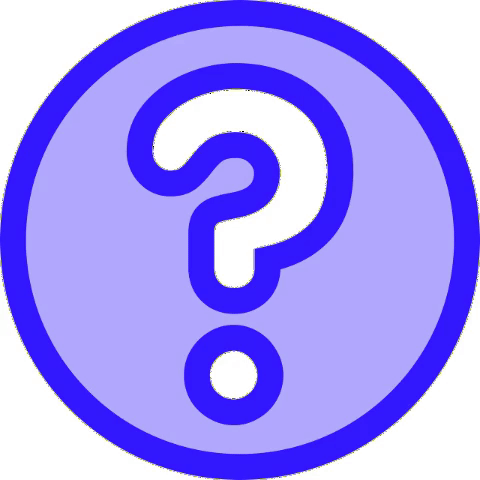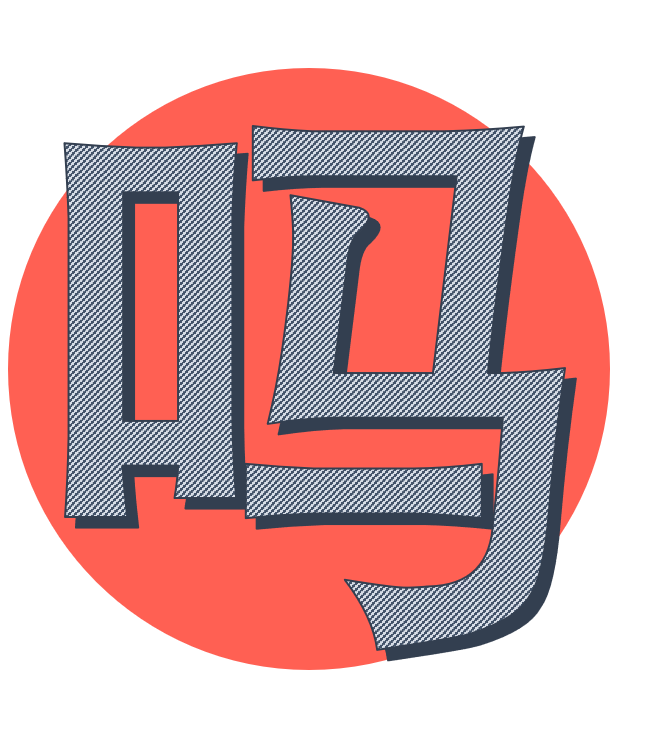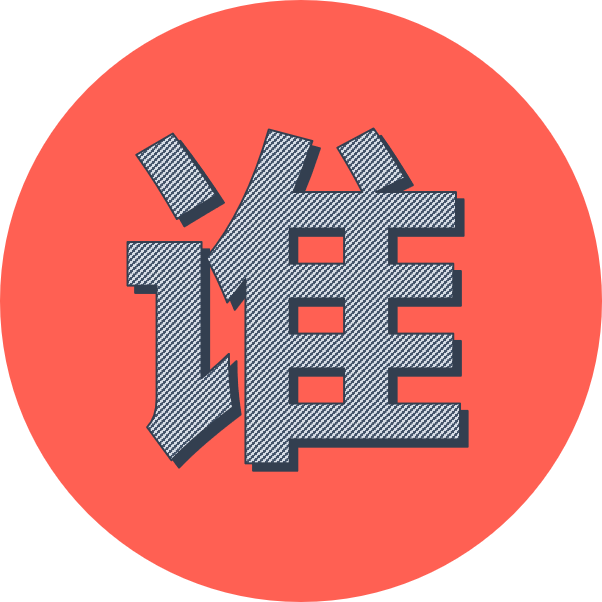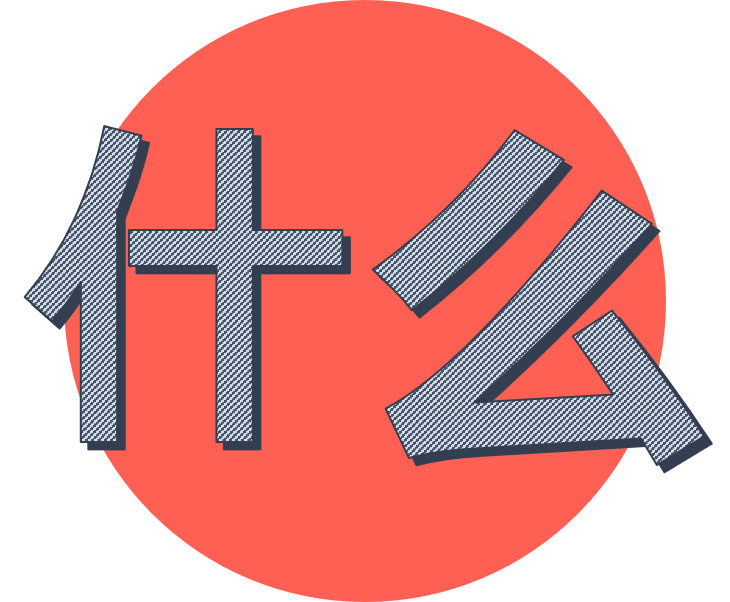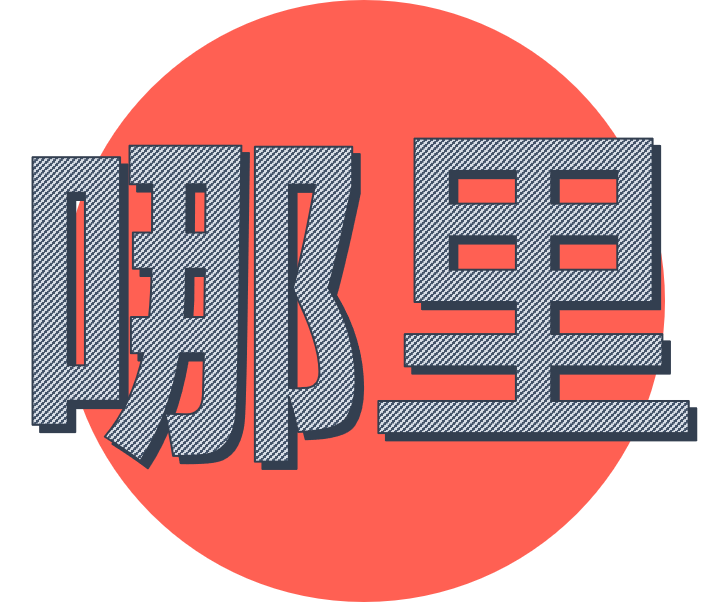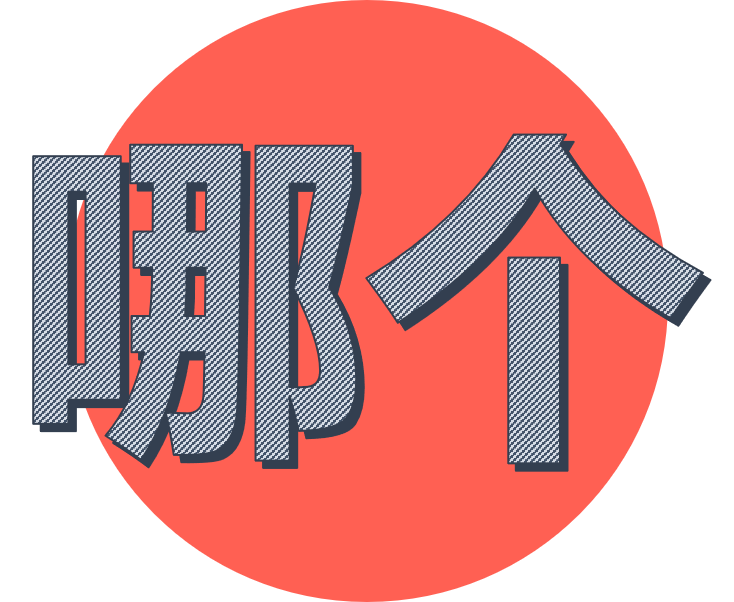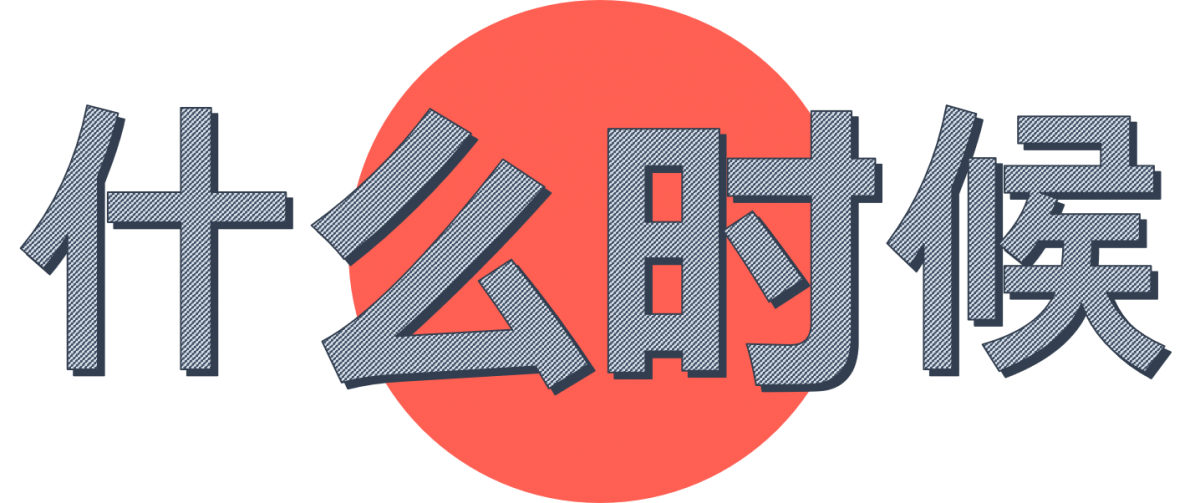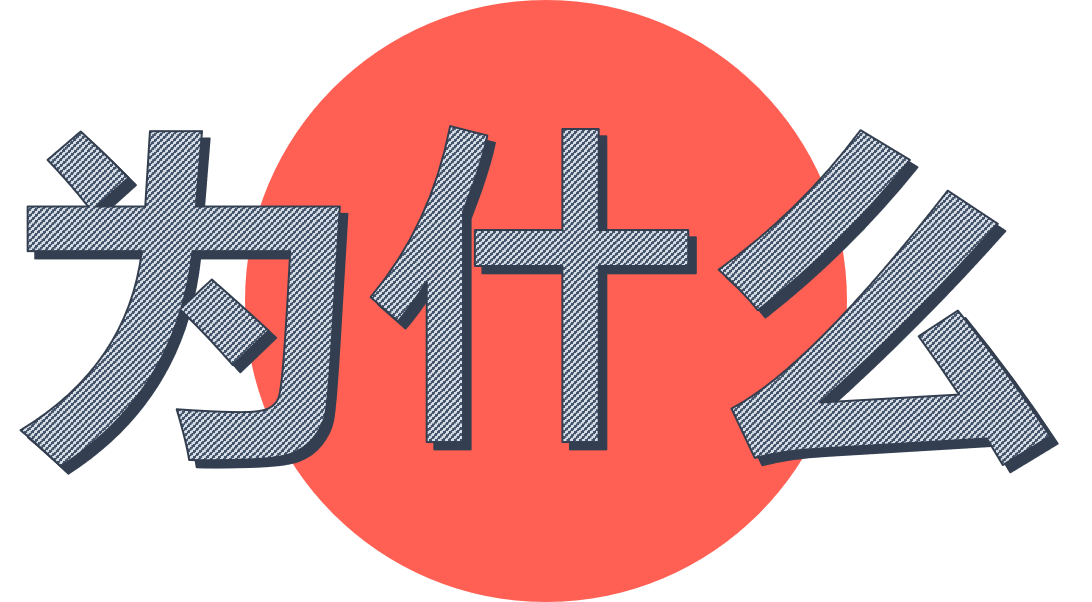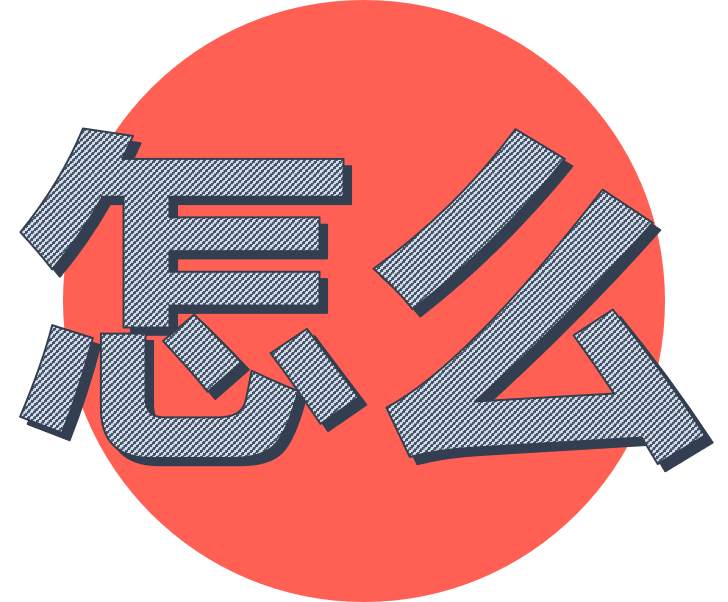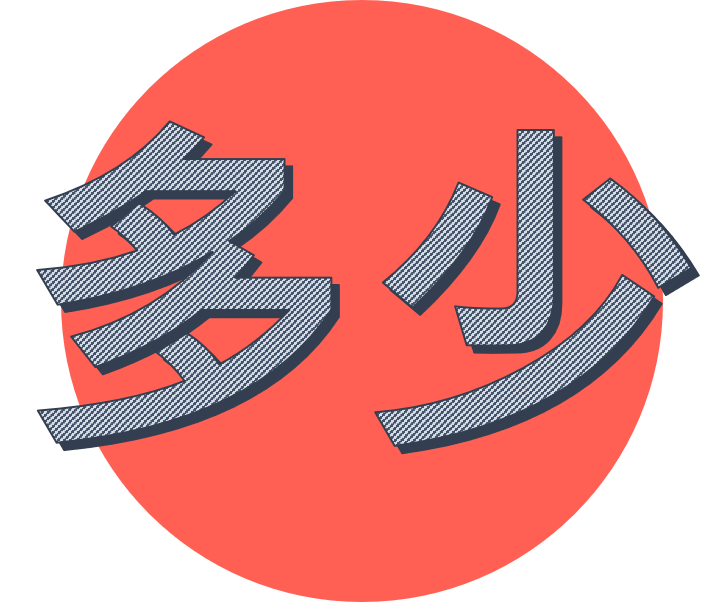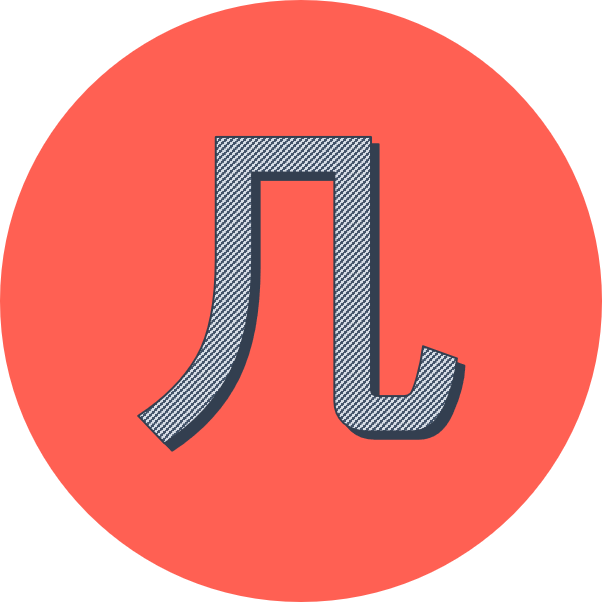她是谁?
Tā shì shéi?
Who is she?
Example 2:
谁想和我一起去公园?
Shéi xiǎng hé wǒ yīqǐ qù gōngyuán?
Who wants to go to the park with me?
#2:什么 (shén me) – what
This question word is probably one of the most popular ones, and it will certainly become a go-to for almost any conversation in Chinese. Use 什么 (shén me) for objects, abstract words and actions.
Example 1:
你想买点儿什么?
Nǐ xiǎng mǎidiǎn er shénme?
What would you like to buy?
Example 2:
你想吃点儿什么?
Nǐ xiǎng chī diǎn er shénme?
What would you like to eat?
#3: 哪里 (nǎ lǐ) – where
This is a locational related question word, so use it for getting around, understanding where things are situated etc. In Mandarin, you can either use 哪里 (nǎlǐ) or 哪儿 (nǎr), the later more commonly used in northern China, especially in Beijing. Both are acceptable, but for now don’t stress about it – just pick one and start asking where!
Example 1:
你在哪里?
Nǐ zài nǎ lǐ?
Where are you?
Example 2:
超级市场在哪儿?
Chāojí shìchǎng zài nǎ'er?
Where is the supermarket?
#4: 哪个 (nǎ ge) – which
For figuring out what is what, which is which, this question word translates to ‘which’ or ‘that’. Especially useful for when you go shopping and ask questions like: “Which watermelon is sweeter?”
Example 1:
哪个饮料是你的?
Nǎge yǐnliào shì nǐ de?
Which drink is yours?
Example 2:
哪个手机比较好?
Nǎge shǒujī bǐjiào hǎo?
Which cell phone is better?
#5: 什么时候 (shénme shíhou) – when
The literal translation of 什么时候 (shénme shíhou) is “What time?”. It can be used as a standalone, or tagged on to a longer question.
Example 1:
你什么时候回家?
Nǐ shénme shíhòu huí jiā?
When are you coming home?
Example 2:
你什么时候走?
Nǐ shénme shíhòu zǒu?
What time do you go?
#6: 为什么 (wèishénme) – why
In Chinese, 什么 (shénme) which we’ve covered above means ‘what’. When we add 为 (wèi) to 什么 (shénme) the meaning changes to ‘what for’. So this question word can be used to ask questions like: “Why are you always playing video games?”
Example 1:
你为什么吸烟?
Nǐ wèishénme xīyān?
Why do you smoke?
Example 2:
他为什么不高兴?
Tā wèishéme bù gāoxìng?
Why is he not happy?
#7: 怎么 (zěnme) – how
The simple translation of 怎么 (zěnme) is ‘how come’, but it can also mean ‘what’ and ‘why’ depending on the situation. This question word has a lot of usages, as well as plenty of forms. Here are a few examples: 怎么办 (What’s to be done?), 怎么了 (What’s up? What’s going on?), 怎么样 (How was it? How are things?), 怎么搞的 (What went wrong?), 怎么说呢 (How come?).
Example 1:
你怎么去北京?
Nǐ zěnme qù Běijīng?
How do you go to Beijing?
Example 2:
你怎么这样不懂事?
Nǐ zěnme zhèyàng bù dǒngshì?
How can you be so thoughtless?
#8: 多少 (duōshǎo) – how many
The answer to what is the most common question in Chinese? 多少钱? (How much money?) Remember that this question word is used to ask about amounts higher than ten.
Example 1:
这个房间有多少人?
Zhè ge fángjiān yǒu duōshǎo rén?
How many people are there in this room?
Example 2:
你们店里的wifi密码是多少?
Nǐmen diàn lǐ de wifi mìmǎ shì duōshǎo?
What is the wifi password in your store?
#9
几 (jǐ) – how many (under ten)
If 多少 (duōshǎo) is used for amounts higher than ten, then 几 (jǐ) is used for amounts less than 10. An easy way to remember is that 几 (jǐ) is short and sweet, so it must be used for small numbers. We also use 几 (jǐ) to ask about the time, like the example below.
Example 1:
现在几点?
Xiànzài jǐ diǎn?
What time is it now?
Example 2:
我已经给她打了好几个电话了。
Wǒ yǐjīng gěi tā dǎle hǎojǐ gè diànhuàle.
I have already called her several times.
- - -
So there you have it, 9 great question words and phrases that will have you engaging in conversations right, left and center. Not sure how to use these question words? Then all you need to do is ask! :)
BONUS VIDEO:
How to say hello without using 'Ni Hao'
